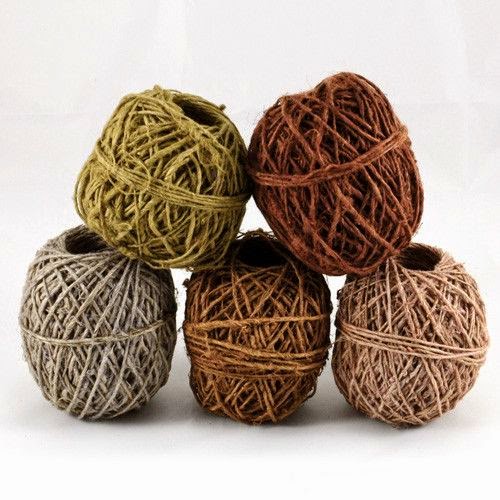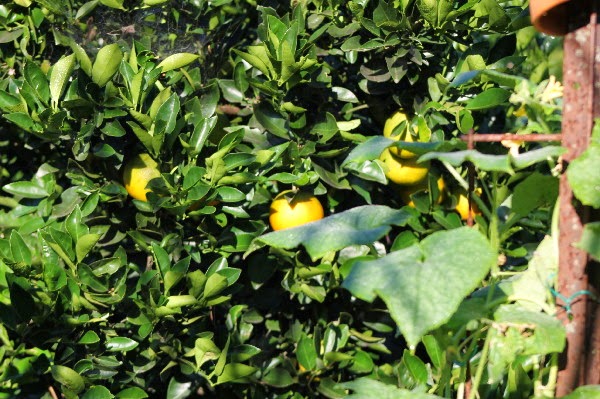I think most of us want to feel that we’re spending our time wisely, that we’re productive, contribute our fair share and get the job done efficiently. I felt like that when I worked for a living; I feel the same now working at home. There is no doubt that if you work as a doctor, nurse, teacher, fire fighter, police officer, retail assistant, factory worker, lawyer, scientist or truck driver, you’ll be part of the national work force and be rightly proud of the part you play in the nation’s progress and success. You'll be respected for the role you play in your community and as a bread winner for your family. Homemakers care for children, manage the household budget, have control of the family’s spending, balance budgets, clean, cook and bake for their families, drive children to school and after school activities. They stay up at night with sick children and partners, shop for healthy food while spending the least amount of money, mend, recycle, sew, and they often make many of the cleansers they use. Homemakers send students and workers off every day well fed, clean and ready to work after a sound night’s sleep. Homemakers play a large part in the nation’s progress and success too, but they are rarely acknowledged, let alone respected for it.
Homemaking has been looked down upon for decades. That is not going to change overnight. But I think that homemaking has undergone a radial change and not many people know it. Homemaking now has more in common with the 1900 - 1950s style of homemaking, instead of the 1960 - 1990s style. Many of us are now actively engaged in traditional crafts and activities while using using modern technology and appliances in this radical and proactive enterprise. There is a huge group of homemakers who work in the commercial world in addition to their work at home, there are many homemakers who work at home, earning extra money to boost family finances, there are the homeschooling homemakers and homemakers who volunteer in their communities. It's changing.
We need to work together to help change outdated attitudes about homemaking, so that not only do we continue our work at home with the support of family and friends, but we also open up the option of a homemaking career for younger people, both women and men, who, right now, might not even know it's an intelligent and important option. You can help spread the word by telling your friends and neighbours about your favourite activities, maybe bread and soap making. Show them your knitting and sewing. Demonstrate your life in gentle ways. Be your own best advertisement. If we can develop our own strategy to talk about our work in a way that highlights the significance of it, if we show, by example, that homemaking makes us content, if we reskill ourselves for a productive future, if we guide our families with grace and confidence and if we share our experiences in a thoughtful way then we'll gain some of the support we all hope for and validate our choice to be what we are.
I know that my life is better now that I take care of my home and family as my main concern. It wasn't always the case. I never really knew the significance of caring for a home until I gave up work and came home. I realise now that the day-to-day tasks of homemaking - the bed making, sweeping, cleaning, laundry, cooking and the physical work of a home, as well as all the sitting on the front verandah relaxing and thinking, created the person I have become. But there are many women who balance work, volunteering, home businesses, homeschooling and homemaking. We all work in different ways but we are doing the same work, we're caring for family and home - our nations' true assets.
Homemakers make most of the buying decisions in the home and that gives you and me the power of the dollar/pound. Use it. If you don't like the service you receive, if the goods you buy are faulty or inferior, complain. When we're assertive, shopkeepers listen. They're not stocking an ingredient you need? Ask for it. Shopping is best done with a happy mindset, it's not an exercise of walking behind a trolley picking up products and dropping them in. It's much more involved and active than that. Read labels, know what you're buying, ask, know your products and where to get the best deals. We want good quality and the best value for our money, the shopkeepers want you to take what is in the shop at the advertised price. Shopping is our battlefield. Doing it well gives you the power of the money you spend. We all have to take advantage of that.
Modern homemaking is an independent creative activity, it can be whatever you want it to be and it will give you many wonderful reasons to get up every morning. If you really do become what you do, then I have become a modern homemaker who wants to show women and men a way of life that will slow them down and bring enrichment and meaning into their lives. My home has become a centre point for me, where I am made content and self-reliant by the work I do. Right here is where I find a steadfast inspiration every day to carry on. I didn’t know a life lived like this was possible until I stumbled into it. My home is where I reclaimed my independence and discovered how to live well and to my true potential. It may not be everyone's choice to work at home doing household chores but I have been enriched by it and I doubt I would be as happy as I am without meaningful work to do every day. I don't want to live a life where I don't have to do any work, and I don't want to be dragged down by it either. I have found a good balance that requires of me that I plan, work and put in the time and in return I get this feeling of sublime contentment. And I am thankful that homemaking slowed me down enough to discover that, to enjoy the natural world surrounding me and to enrich my spirit.











































































.jpeg)





.jpeg)
.jpeg)
.jpeg)
